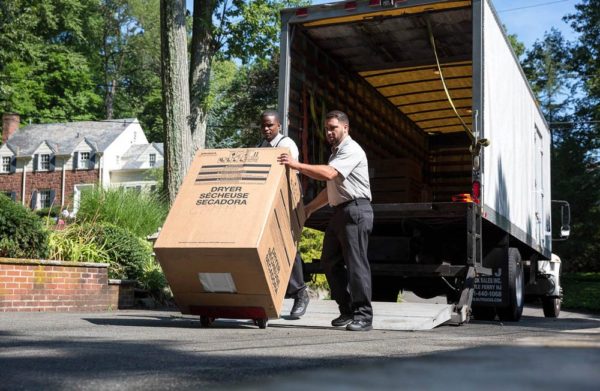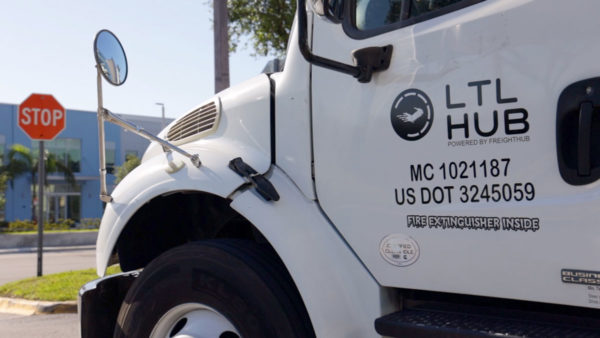The Coronavirus pandemic continues to have an immense impact on the trucking and logistics industry. It has forced many LTL carriers to find different ways to survive and remain in business.
In many parts of the world, life is gaining a new normal as carriers change their everyday operations. What this means is more are now finding it necessary to embrace technology to move forward. The truth is there’s no end in sight for the challenges affecting this industry.
More so, a quick look around reveals disruptions in supply chains, with emergency relief getting top priority. Also, many in the industry have had to endure endless working hours, causing additional health problems. Such are the issues causing a rapid embrace of technology.
By becoming more tech-savvy, a company and its fleet can easily navigate from one destination to another. While the concept is not new, its urgency is felt even by those initially resistant to the change.
How Exactly are LTL Carriers Turning to Technology?
1. Embracing In-Cab Navigation Platforms
There are a lot of strains currently affecting supply chains across the country and globe. Still, no one can ignore how important it is to get the correct goods to where they need to be on time. In a bid to utilize the best routes, LTL carriers are now turning to In-cab Navigation apps to benefit their drivers and trucks.
What fleets derive from these navigation apps are accurate directions at each turn and ideal for commercial trucks. Also, truckers get to benefit from route calculations depending on the data on the truck’s map. In addition to this, there’s a customizable feature that enable trucks to avoid forbidden routes.
2. Platforms Promoting Supply Chain Collaborations
LTL carriers understand that there’s currently a huge strain on the supply chain across the country. All this has led to a lack of certain items on shelves that people need, like tissue paper, masks, and sanitizer. This challenge has many of them finding ways to avoid such supply chain disruptions in the future.
LTL carriers are now embracing TMS (Transport Management Systems), which advocates for more LTL collaborations to solve this issue.
Truckhub helps in matching available freight with demand leading to better asset utilization. Shippers can also use TruckHub to track their freight. It’s only achievable by leveraging TMS, which also benefits carriers by lowering costs while increasing capacity.
3. Maps Noting Available Rest Stops
COVID 19 continues to affect available rest stops for LTL drivers across the country. Without ample rest, drivers continue to be at risk due to long hours on the road. One way to solve this situation is coming up with up to date mapping of available rest stops on each route.
Such digital maps are now a requirement for most truckers who need them to know the best routes to take. Also, they help drivers note areas with self-isolation codes that might hamper finding places to eat or take a bathroom break.
By taking advantage of such platforms, LTL carrier drivers can get correct information on each route’s location.
4. Onboard Video Technology
Social distancing measures make it difficult for carriers to keep in touch with their drivers. It’s a challenging issue that has many companies seeking solutions. One is by having onboard video equipment with a direct connection to the company.
Also, using video technology makes it easier for LTL carriers to learn of all the challenges drivers face on the road. With that information, solutions get implemented fast to keep drivers safe and not wait until they get back from the trip.
5. Online Pricing Tools
Before the pandemic, customers could easily visit offices to inquire and negotiate freight pricing. Now, with social-distancing measures, most LTL carriers have moved this feature online. Even after the pandemic, this is a tool that many will continue to use.
For one, online platforms are more comfortable to use without traveling long distances to company offices. Also, they keep all safe managing risk. Additionally, more customers find it easier to use such platforms since they can easily compare many LTL carriers’ prices at once.
Final Thought
As many more customers continue to seek such information online, more LTL carriers now need to turn to it. If they don’t, they risk being left behind as the industry changes.



